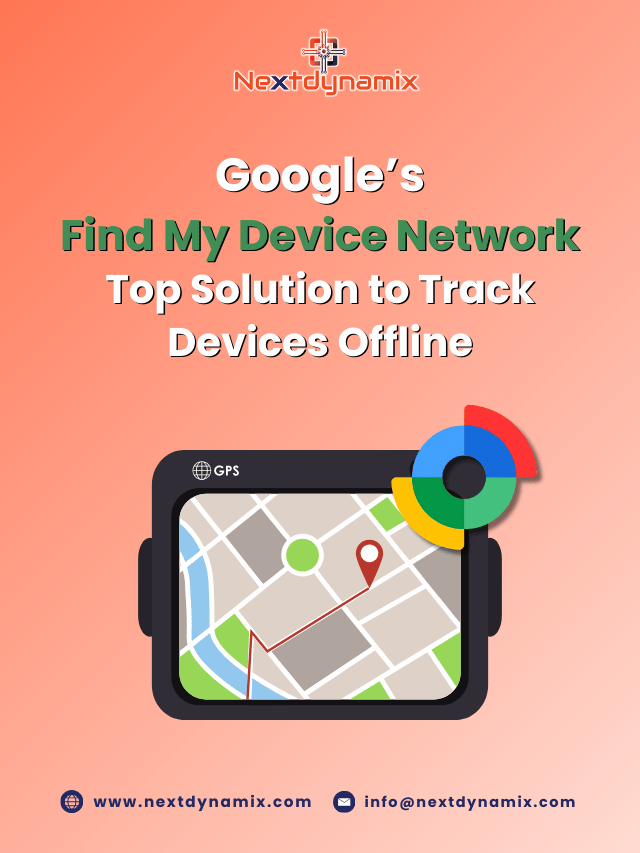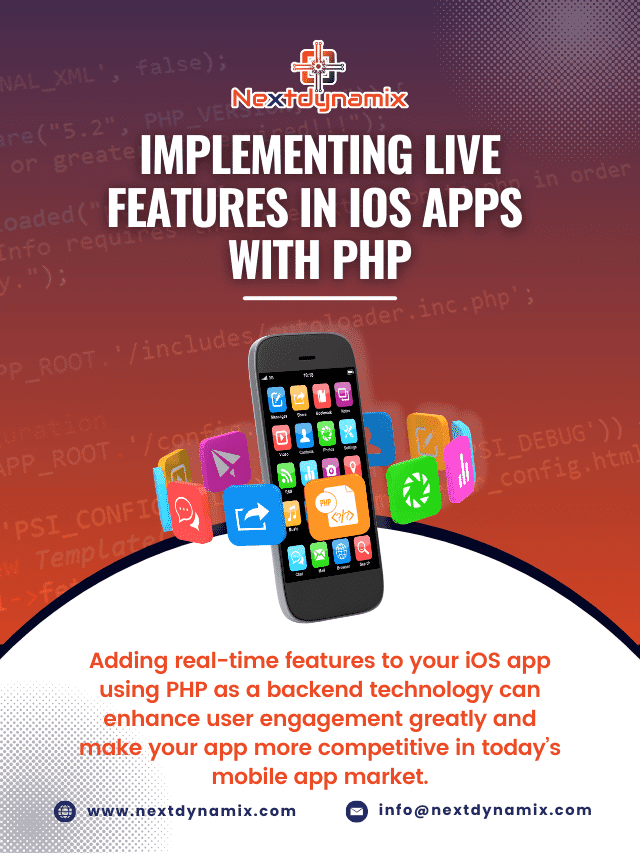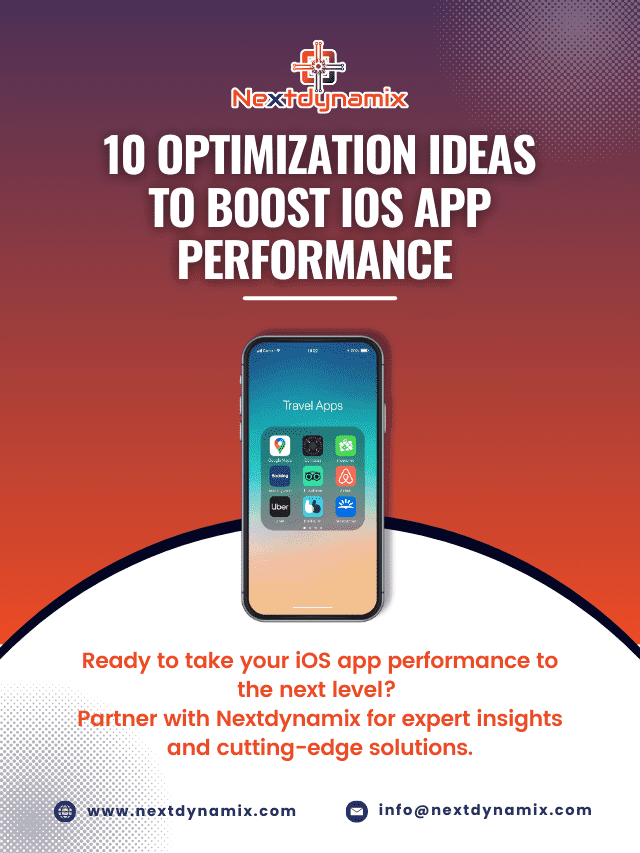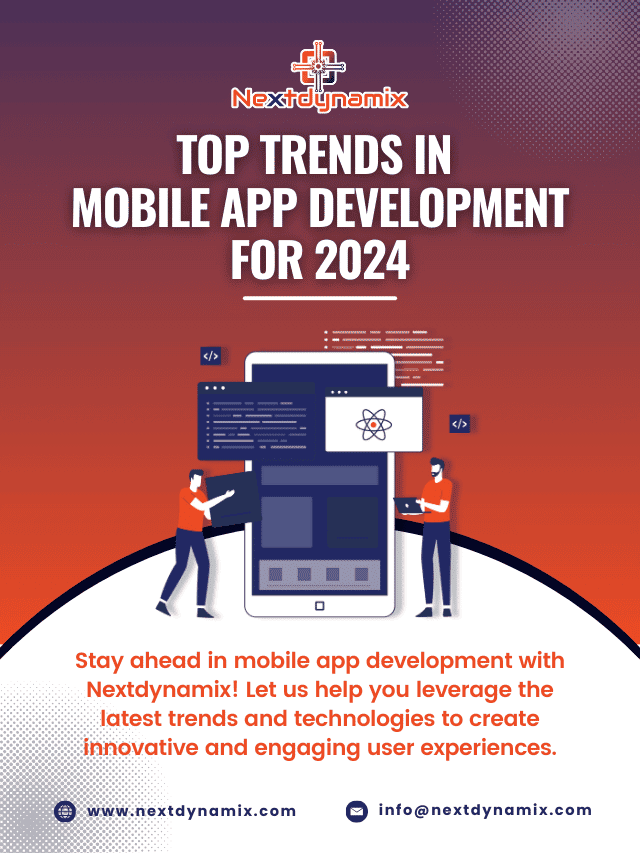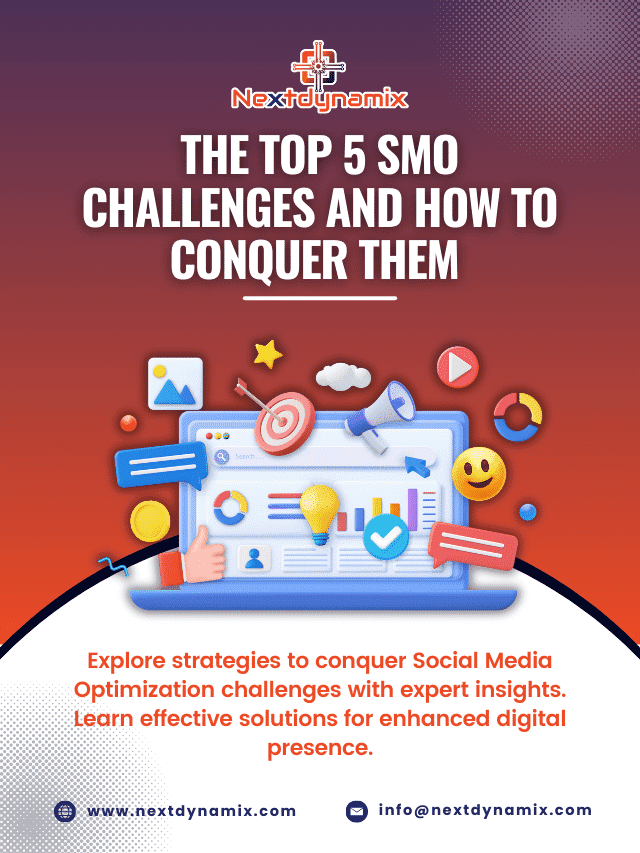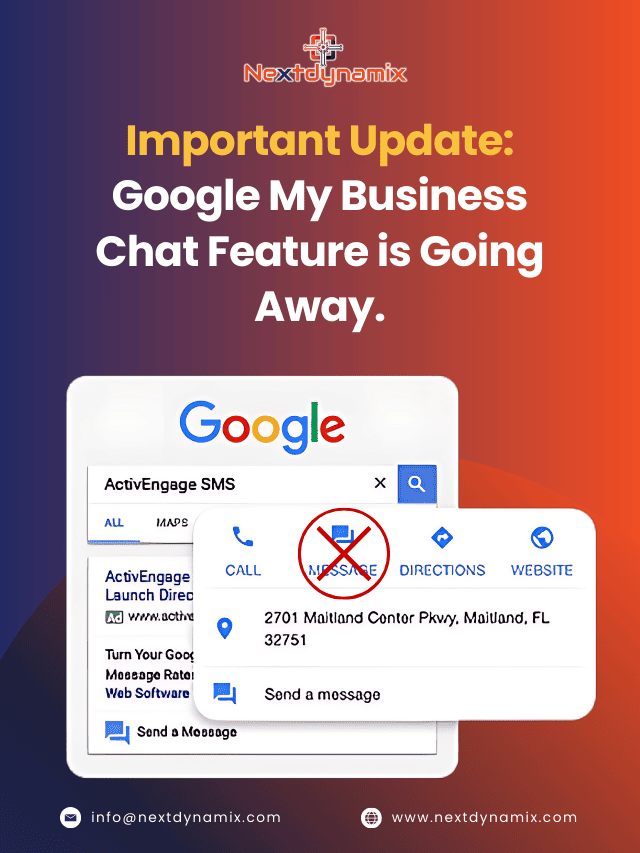Top Trends in Mobile App Development for 2024
Table of Contents
ToggleMobile apps have become an integral part of our daily lives, transforming the way we communicate, work, shop, and entertain ourselves. As technology continues to grow at a rapid pace, mobile app development is constantly evolving as well. To stay ahead of the competition or deliver innovative user experiences, it is crucial for businesses and developers to stay updated with the latest trends in mobile app development. Understanding the top trends in mobile app development can help developers create cutting-edge applications that meet user demands and leverage new technologies effectively.
In this blog post, we will explore the top trends in mobile app development expected to dominate the landscape in 2024.
5G Technology
With the widespread deployment of 5G networks, mobile app developers have a tremendous opportunity to leverage the capabilities of this advanced technology. Among the top trends in mobile app development, 5G stands out by offering significantly faster network speeds, lower latency, and higher bandwidth. This enables developers to create apps that deliver seamless streaming, real-time communication, and immersive experiences. From augmented reality (AR) and virtual reality (VR) applications to cloud-based gaming and IoT-connected apps, 5G will revolutionize the way we interact with mobile apps, providing faster and more efficient connectivity.
Augmented Reality (AR) and Virtual Reality (VR)
Top trends in mobile app development include the significant traction AR and VR technologies have gained in recent years, expected to continue their upward trajectory in 2024. These immersive technologies have the potential to transform various industries, including gaming, retail, real estate, healthcare, and education. Mobile app developers can leverage AR and VR to create interactive and engaging experiences, such as virtual tours, product visualization, gamification, and training. The integration of ARKit (Apple) and ARCore (Google) has made it easier for developers to incorporate AR features into their apps, opening up endless possibilities for innovation.
Internet of Things (IoT)
The Internet of Things (IoT) has already begun to revolutionize the way we interact with technology, and mobile apps play a crucial role in connecting and controlling IoT devices. As the number of connected devices continues to grow, mobile app developers need to adapt and create apps that seamlessly integrate with IoT ecosystems. Whether it’s controlling smart home devices, monitoring health and fitness trackers, or managing industrial IoT solutions, mobile apps will be at the forefront of IoT connectivity, enabling users to interact with and manage their IoT devices from their smartphones.
In line with top trends in mobile app development, integrating IoT is becoming essential. As more devices become interconnected, mobile apps must evolve to provide enhanced user experiences and robust security measures. These trends also emphasize the importance of leveraging artificial intelligence and machine learning to offer predictive insights and personalized experiences. The ability to handle vast amounts of data in real-time and provide intuitive interfaces will set leading mobile apps apart in the IoT domain.
Artificial Intelligence (AI) and Machine Learning (ML)
Artificial Intelligence (AI) and Machine Learning (ML) have become powerful tools for enhancing user experiences and providing personalized app interactions. Mobile apps can utilize AI algorithms and ML models to analyze user behavior, make intelligent recommendations, automate tasks, and provide natural language processing capabilities. Voice assistants like Siri, Google Assistant, and Alexa are becoming more sophisticated, thanks to AI and ML. In 2024, we can expect mobile apps to integrate AI and ML technologies further, enabling smarter and more context-aware interactions.
Biometric Authentication
As security concerns continue to grow, mobile app developers increasingly turn to biometric authentication methods to enhance user security and convenience. Biometric technologies, such as fingerprint scanning, facial recognition, and iris scanning, provide a more secure and frictionless way to authenticate themselves. Mobile apps leverage biometric authentication to protect sensitive data, facilitate secure payments, and provide personalized user experiences. In 2024, we expect more apps to adopt biometric authentication methods, replacing traditional password-based systems.
Among the top trends in mobile app development, biometric authentication stands out as a critical focus. As developers prioritize both security and user experience, incorporating advanced biometric technologies becomes essential. This trend reflects the broader movement towards more secure, user-friendly, and innovative mobile applications that meet the evolving needs and expectations of users.
Instant Apps
Instant apps have gained popularity in recent years, offering users a hassle-free way to access app functionalities without installing the entire app. It allows users to experience a portion of the app’s features instantly, eliminating the need for long downloads and installation processes. This trend is particularly beneficial for businesses looking to engage users who might hesitate to download a full app due to limited storage space or bandwidth constraints. In 2024, we can expect more mobile apps to adopt instant app functionality, providing users with a seamless and efficient way to try out their services and increase user engagement.
Top Trends in Mobile App Development: Chatbots and Conversational Interfaces
Chatbots and conversational interfaces have become increasingly popular in mobile app development. These AI-powered virtual assistants can provide instant responses and personalized user interactions, enhancing customer support and improving user engagement. They can be integrated into mobile apps to provide real-time assistance, answer queries, recommend products or services, and even facilitate transactions. With advancements in natural language processing and machine learning, chatbots are becoming more sophisticated, offering a human-like conversational experience. In 2024, we expect to see more mobile apps incorporating chatbot capabilities to provide efficient and personalized user interactions.
Including chatbots and conversational interfaces is one of the top trends in mobile app development, reflecting a growing emphasis on AI-driven user experience enhancements.
Progressive Web Apps (PWAs)
Progressive Web Apps (PWAs) are web applications that offer a native app-like experience on mobile devices. PWAs combine the best features of web and mobile apps, allowing users to access app functionalities without downloading and installing them from app stores. PWAs are highly responsive, fast-loading, and can work offline, providing users with a seamless experience across different devices. In 2024, we can expect more businesses to adopt PWAs as a cost-effective and efficient way to reach a broader audience and deliver engaging app experiences without the need for native app development.
Mobile Wallets and Contactless Payments
The rise of mobile wallets and contactless payment methods has transformed the way we make transactions. Mobile apps have become a central hub for managing payment methods, storing loyalty cards, and creating secure mobile payments. In 2024, we can expect mobile app developers to focus on integrating more payment options and enhancing the security and convenience of mobile wallet functionalities. Technology adoption like Near Field Communication (NFC) and tokenization will further drive the growth of mobile wallets and contactless payments, offering users a seamless and secure transaction experience. One of the top trends in mobile app development is the continuous enhancement and innovation in mobile wallets, driven by these technological advancements and the increasing demand for secure, contactless payment methods.
App Security and Privacy
As mobile apps handle an increasing amount of personal and sensitive data, ensuring app security and user privacy will remain a top priority in 2024. Mobile app developers will need to implement robust security measures, such as encryption, secure authentication, and data protection protocols, to safeguard user information. With the introduction of privacy regulations like the General Data Protection Regulation (GDPR) and the California Consumer Privacy Act (CCPA), mobile apps need to be compliant and transparent in their data collection and usage practices.
Conclusion
The mobile app development landscape is constantly evolving, driven by advancements in technology and changing user expectations. In 2023, we can expect mobile app developers to leverage 5G technology, embrace AR/VR experiences, integrate IoT capabilities, harness the power of AI and ML, adopt biometric authentication, explore instant app functionality, incorporate chatbots and conversational interfaces, utilize PWAs, enhance mobile wallet and contactless payment options, and prioritize app security and privacy. Staying updated with these top trends and incorporating them into mobile app development strategies will enable businesses to deliver innovative and engaging experiences to their users while gaining a competitive edge in the market.
Thanks for Reading!
Read More on Aelum Blogs
Author: NextDynamix Pvt. Ltd.
At Nextdynamix, We Have Pros and Peers for More Insights!
Connect with our professional web and app specialists to achieve impeccable development and seamless execution. Allow us to comprehend your industry obstacles and deliver efficient solutions, unlocking your business potential.
Contact us today for further information


